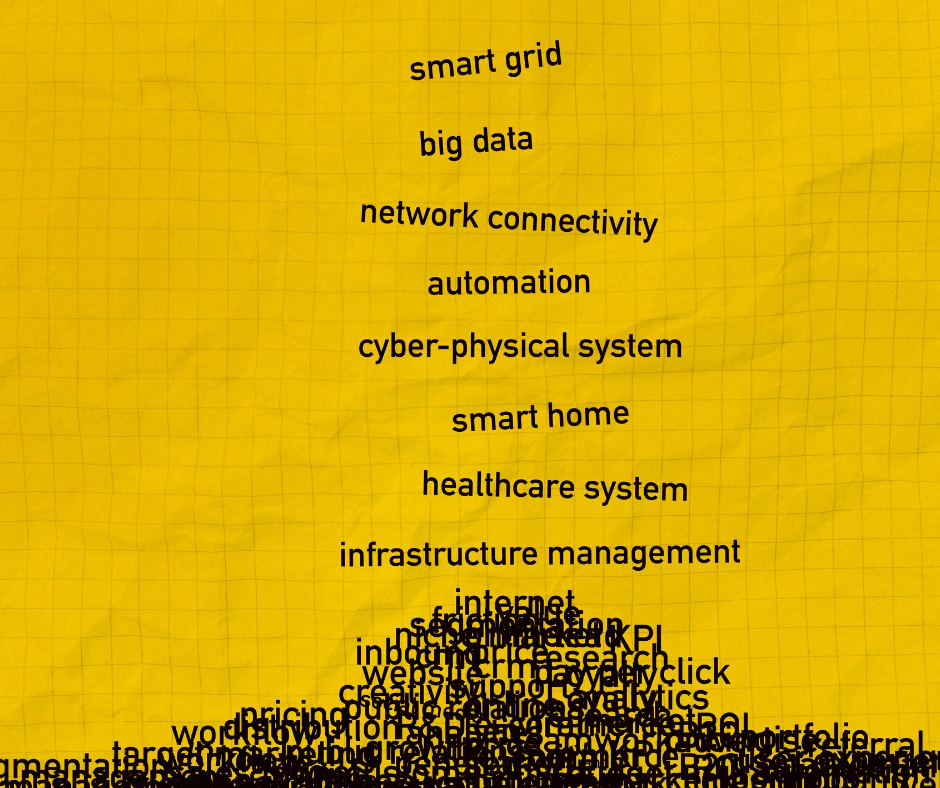This post was last updated on September 7th, 2023 at 08:59 pm
Wouldn’t it be wonderful if homes had switches at the entrance of every room to allow you to turn on the lights all at once? It would sure beat having to pull out a smartphone and use an app every time you wanted to adjust the lights.
I hope you caught my sarcasm. If I’m being too subtle, here is the point: Most things work perfectly fine without being connected to the internet. The internet of things is, to put it bluntly, overrated.
The light switch is a great example of a device that needs no improvement, though there’s a growing market for bulbs connected to a smartphone. Just about anything can connect to the internet these days: gadgets to feed pets, stationery bikes, door locks, security cameras, refrigerators and on and on.
In addition to their often-inflated price tags, some of these gadgets require you buy subscriptions for software to operate them.
When companies stop supporting your device, then what?
You have to ask yourself this: What happens when these gadgets become obsolete or the companies that sold them to you encounter financial difficulties?
In a June 22 story, The Wall Street Journal highlights a few companies, such as Petnet, struggling to support their products. Petnet sent an email to its customers in April explaining why its SmartFeeder stopped working in February and March. Some customers reported they didn’t notice the feeder had stopped working until their pets began making a fuss because they were hungry. Petnet indicated it was having financial trouble and blamed the coronavirus pandemic.
There’s also the case of the Automatic car adapter, which automatically tracks trips and fuel usage. It shut down at the end of May, also blaming the coronavirus for its financial problems. “Just like many other companies in the United States, the COVID-19 pandemic has adversely impacted our business. With fewer consumers purchasing and leasing vehicles and drivers on the road, we unfortunately do not see a path forward for our business,” the company stated on its website.
A company doesn’t have to go broke, however, to stop servicing a gadget. Consider the Belkin Wemo Netcam. Belkin is still in business but decided it will no longer support the Welmo Netcam. It announced, “On June 30, 2020 the Wemo NetCam servers will be decommissioned. Although your Wemo NetCam will still connect to your Wi-Fi, without these servers you will not be able to view the video feed or access the security features of your Wemo NetCam, such as Motion Clips and Motion Notifications.” It then provides instructions for what to do if you’re stuck with one of these cameras.

Beware the big trade-off
The internet of things is overrated because it demands a costly trade-off. It promises convenience at the expense of your control. By buying an internet-dependent device, you become dependent on its manufacturer (and third-party software developers) to support that device. With a standalone device or tool, you have more control over its maintenance.
Take, for example, a garage-door opener. If a regular garage-door opener breaks, you can call multiple repair services to fix it. But if the software controlling an internet-connected opener breaks, your only option is to rely on the software maker to fix it. And if that company starts charging for the software, you will be forced to either pay up or buy a new opener.
Before purchasing an internet-connected thing, consider the consequences of it malfunctioning and becoming obsolete. If you’re assuming you’ll get as many years of use out of an internet-connected machine as you would its standalone counterpart, you might want to rethink that assumption.
Read: Are you using healthy tech?
More novelty than substance
The internet of things will continue to evolve, but too many products right now are more novelty than substance. Novelties can be fun, especially at first, but their effects wear off over time. These bright, flashy objects—literally, with the “smart” bulb—don’t improve the quality of life.
So the next time you’re tempted to buy a “smart” bulb, consider how much money you’ll save by simply using the underrated “dumb” bulb. As a bonus, you’ll be able to turn on and off that bulb with a switch, using those amazing appendages known as your hands. It’s the frugalmatic thing to do.

